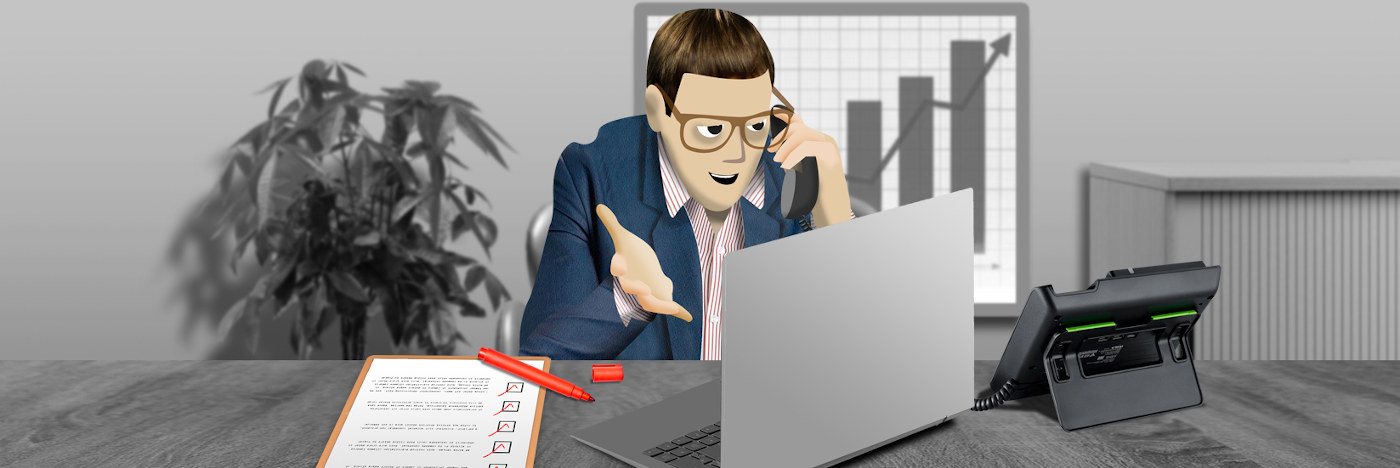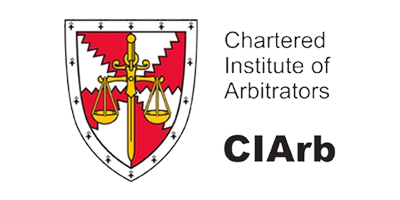

Blog
Covid-19 is no longer an unforeseen entity

Don't assume Covid-19 will cut you some slack on contracts!
Remember back in January when we were first seeing reports of this new coronavirus in China with half an eye on whether it could affect us here in the UK? It was very much an emerging threat and when it hit Britain in March the country has to adapt to it very quickly and somewhat chaotically.
For Sub-Contractors, this period was a confusing time. Some sites immediately shut, while others enforced strict measures to prevent the spread of the virus - moves which, in many cases, stopped Sub-Contractors from being able to do their job and deliver on their contractual obligations.
The easing of lockdown has allowed many of us to start to get back to some sort of normality on site, but there are still many bumps in the road and the very real prospect of another lockdown, either locally or nationally if the dreaded second wave strikes as the autumn sets in.
Covid-19 is a 'known known'
Ultimately, today everyone now knows what Covid-19 is and the danger it poses - and this means it can no longer regarded as an unknown or unforeseen entity like it was perhaps regarded at the start of 2020. But why does this matter?
It matters because Sub-Contractors and Contractors could end up losing out! If you are entering into a contract now, you must not assume that you will be entitled to a delay if another Covid-19 related lockdown or restrictions prevent you from being able to work. And, by not meeting your deadlines, you will be liable for any loss incurred.
Supply chain issues could impact on you too
And there is another important thing to consider regarding Covid-19's impact on the construction sector that could hit you hard too. We are already seeing supply chain problems as stocks of materials are now becoming exhausted as manufacturing plants - which closed or reduced output during lockdown - are playing catch-up. But if you are unable to meet a deadline because of a delay in the delivery of materials, as unfair as this seems, you could also then be liable.
How to protect yourself
Given how unpredictable the Covid-19 situation is, it is impossible to know if we'll have another major lockdown to contend within the next 12 months. It is too big a risk to go into a contract simply with your fingers crossed that everything will be okay - you have to read and understand the contract and know what you are signing up for.
The best way to protect yourself is to have any new contract checked by an expert in this field, which is where Quantum CPM (Cost and Project Management) will help.
We offer a Contract Vetting service designed to protect Sub-Contractors. This helps you bust the jargon and will flag up any areas within a contract that Sub-Contractors should be wary of. And our service is not just about issues relating to Covid-19 - we will help you ensure that all contracts can be administered properly so you can get paid, have you account agreed, and make a profit.
Contract Vetting is part of a full range of professional services that we provide to Sub-Contractors that are vital to the success of any construction project. These professional services range from the measurement and valuation of construction work, to administering contractual terms, appraisal and reporting of the progress of works for application for payment.
Book a free initial consultation
Accessing Quantum CPM's Contract Vetting service is easy with a free initial consultation with no obligation. We provide you with a fixed price quote to vet the contract at any time, so you can avoid any unexpected costs both before and after the submission of tender.
To arrange a free consultation, please all Quantum CPM on 0161 974 6655 or email .


